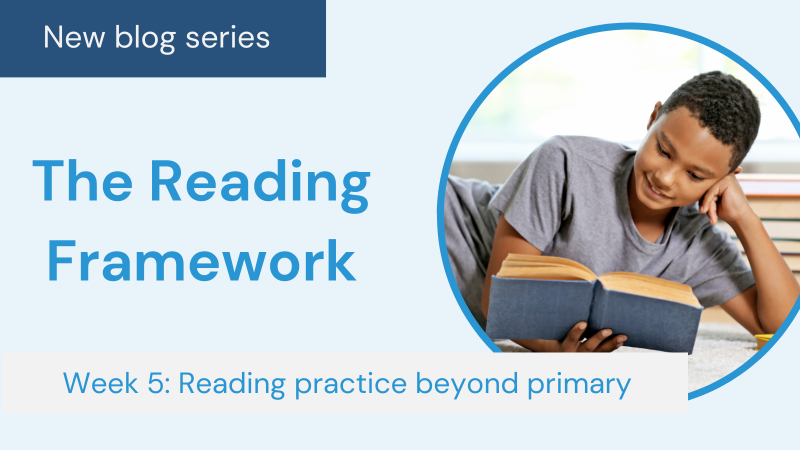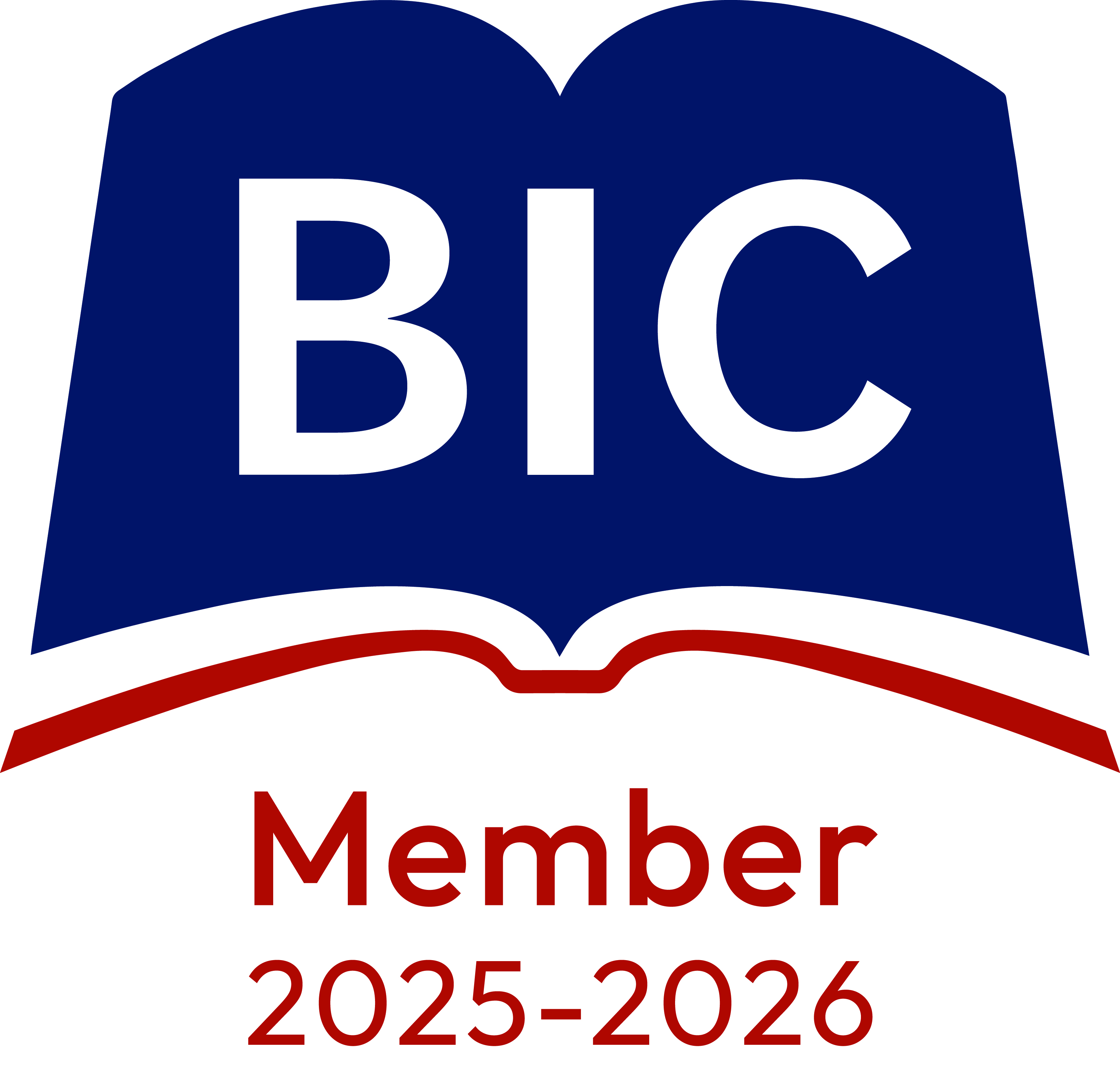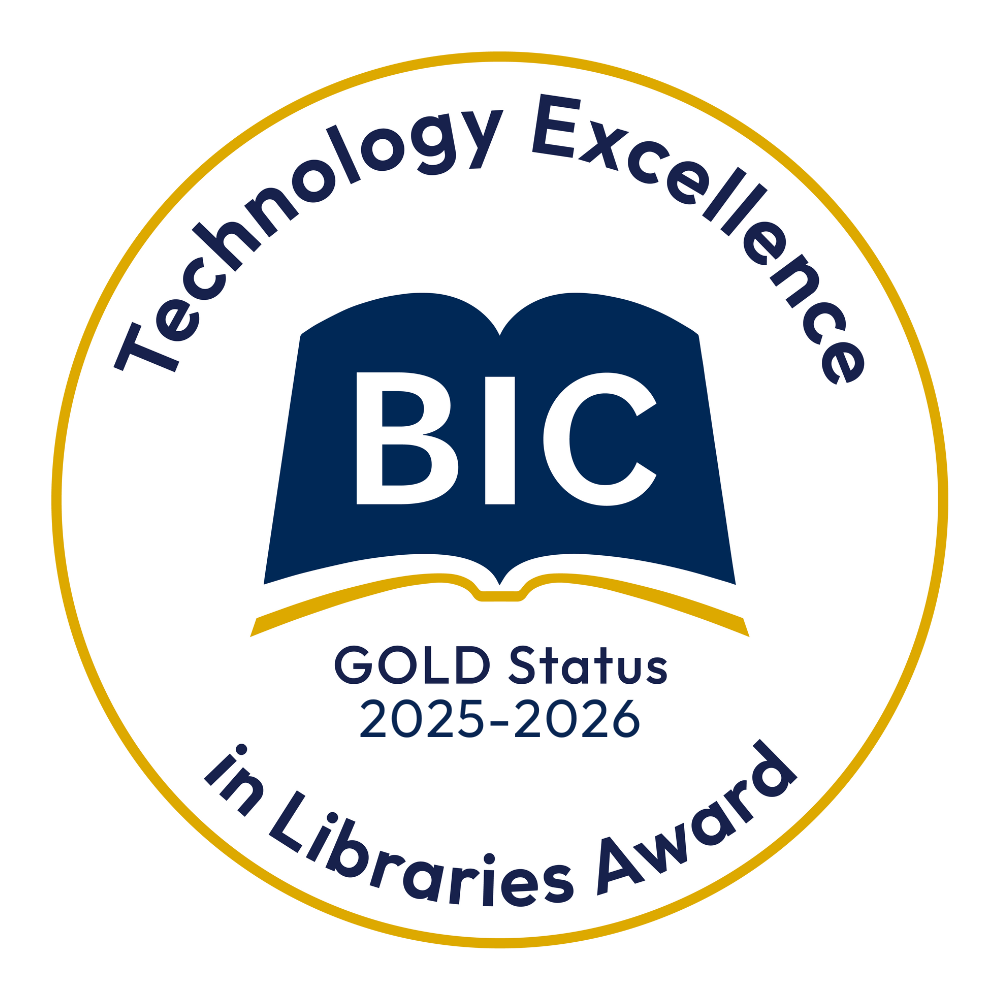Please note that we will automatically hold all schools orders from 16–20 February due to the half-term break. If your school remains open for delivery and you'd like your books delivered during that week, please let us know by calling us on 0121 666 6646 or emailing hello@peters.co.uk.
For help, advice and telephone ordering call our team on 0121 666 6646
Are you sure you wish to delete this basket?()
This action cannot be undone.
Sorry, something went wrong
Please report the problem here.
Reading Framework series: Reading practice beyond primary – how to maintain momentum at Key Stage 3

October 23rd 2023
It is a marked and welcome change that Key Stage 3 has been given significant emphasis in the updated reading framework. KS3 is a critical period for young people, as they learn to navigate the wider world more independently, develop their own moral code, and assume greater responsibility for their learning at school.
However, with staff focus inevitably shifting to Key Stage 4 and Key Stage 5 students as they prepare for exams, Key Stage 3 books can often be overlooked in terms of specialist provision, so it’s no surprise that children’s reading can stall in these early years of secondary.
The updated framework encourages schools to take a fresh look at providing specifically for Key Stage 3 english books, and we have plenty of ways to help make this process easier for your staff and meaningful for your students.
Transition'The transition from primary to secondary school is an important step in pupils' reading development, as well as one of the most difficult.' DfE Reading Framework 2023, page 130 Transition time is key, and getting the support right both in Year Six and Year Seven will help ensure pupils’ development – both academic and social – continues smoothly. Texts you can talk through can be vital tools, opening up conversations through characters that relate to pupils’ own lives, or that might give them a better understanding of their peers. Take a look at our dedicated transition page for suggestions on how to support pupils through those early months in Year 7. We also have Book Talk Cards for both |
|
Reading widely'Reading at Key Stage 3 should be wide, varied and challenging. Pupils should be expected to read whole books, to read in depth, and to read for pleasure and information.' DfE Reading Framework 2023, page 19 We agree that reading should be wide, varied and challenging – for this age group, and all pupils. But we especially recognise the emphasis placed here on supporting KS3 in reading for pleasure with young adult books, specifically, young adult fiction. Even pupils who have read avidly throughout primary school can lose this passion when they transition to secondary school, where they will come up against a range of competing opportunities and pressures. Use our Reading for Pleasure pages to promote all kinds of reading to your students. With selections covering fiction, non-fiction and recommended award winners, and the option to search by key stage or text type (junior fiction, teen, YA) you’ll have plenty of recommendations ready to help your students maintain their reading miles. |
|
Fluency‘However, pupils who are not yet reading fluently as they get older require further timely and targeted support. They also require substantial practice in reading texts that include only the words they can decode at their current stage of reading development.' DfE Reading Framework 2023, page 93 For pupils who enter secondary school still requiring significant support with learning to read, or in establishing fluency, transition can be particularly challenging. Our recent phonics post takes a more in-depth look at ways to support these pupils. There is also an increased pressure on secondary staff to have a comprehensive understanding of phonics teaching. Take a look at our secondary phonics page for support, or if you’d like additional support, our team can help – get in touch at hello@peters.co.uk. |
|
|
|
Library timeDedicated library time is vital for KS3 pupils, who may not have had access to a full library space at primary school. However, to spark and nurture pupils’ enjoyment of reading, supporting and engaging them with visiting the school library from the outset is also key. Our half-termly newsletter provides ideas and support library focus sessions – with ideas, events to engage with and recommended new releases. We also have Book of the Week recommendations and access to reviews on all titles on our website, making it easy to support pupils in finding the right book for them. |
Tutor time‘In Key Stage 3, form tutors might consider reading aloud during tutor time; subject teachers might also consider reading texts aloud.' DfE Reading Framework 2023, page 101 The importance of Tutor Time Reading is really gathering momentum: as a strategy to form bonds within tutor groups, as a vital means of including more reading opportunities throughout the school day, and as a way of providing pupils with varied reading role models. Our Tutor Time Reading Spines cover a wide range of themes and genres, so we hope we have something to support you in your approach. If you’d like something a bit different, get in touch at hello@peters.co.uk and we can provide a bespoke list for you.
|
|
Capturing the attention of KS3 students has multiple benefits. If young people maintain reading momentum at this age, it is proven to support their academic success when they transition into key exam years. Beyond academic attainment, access to a range of diverse writing at KS3 can challenge students’ constructs and views of the world around them as they become increasingly independent.
However, escapism and enjoyment are also vital for maintaining students' reading miles: when their own life is becoming increasingly demanding, reminding them that books can transport them to other worlds should be an important part of supporting all young people as they navigate growing up.
Get in touch
For bespoke support and advice on implementing the reading framework guidance in your school, contact our team at hello@peters.co.uk, or call us on 0121 666 6646.







